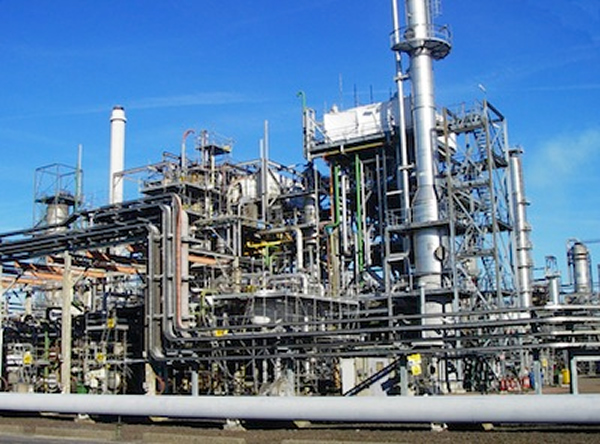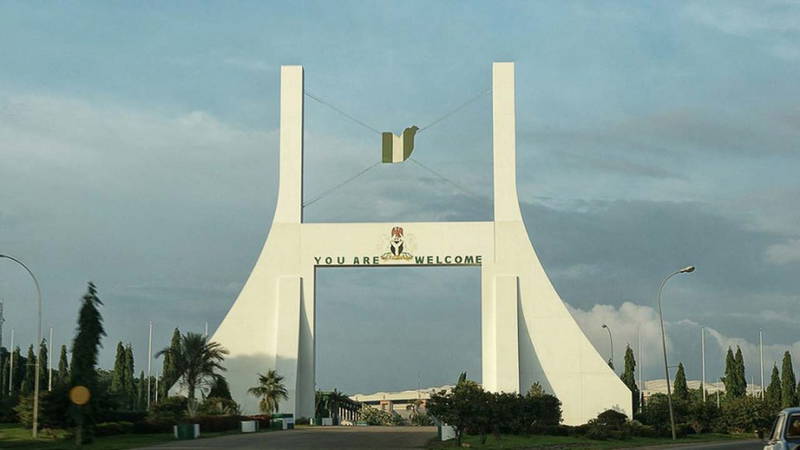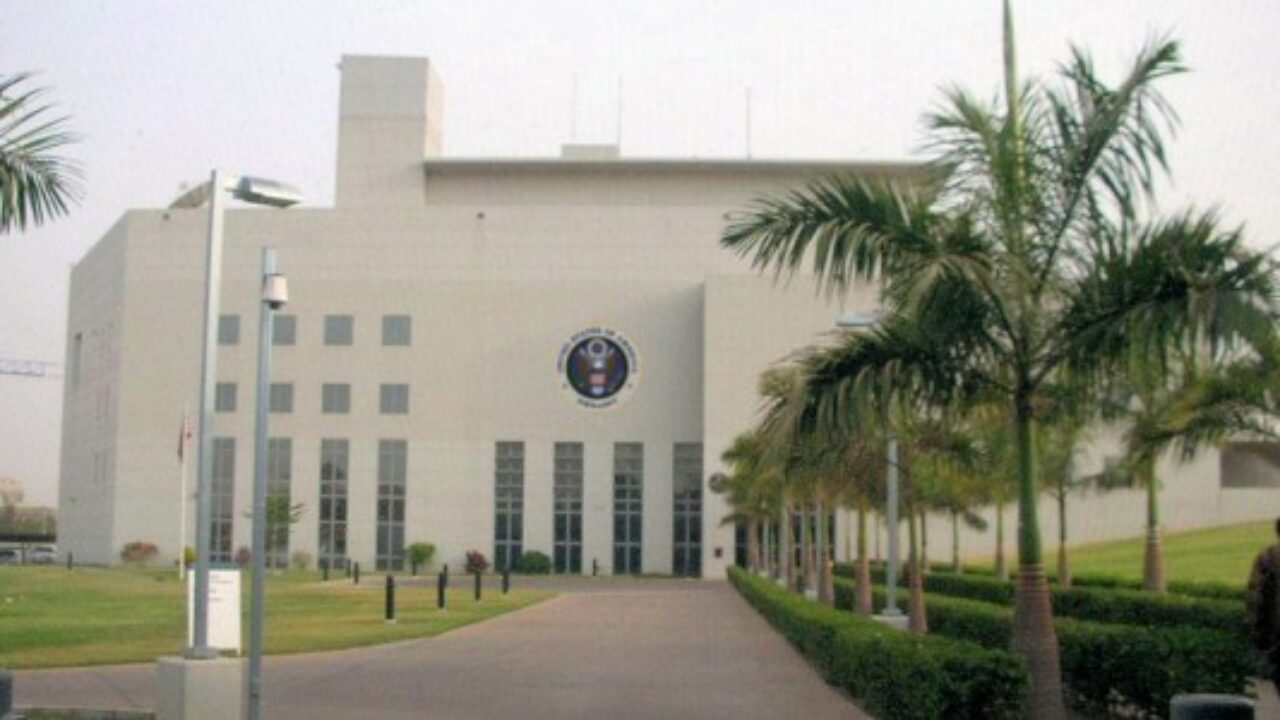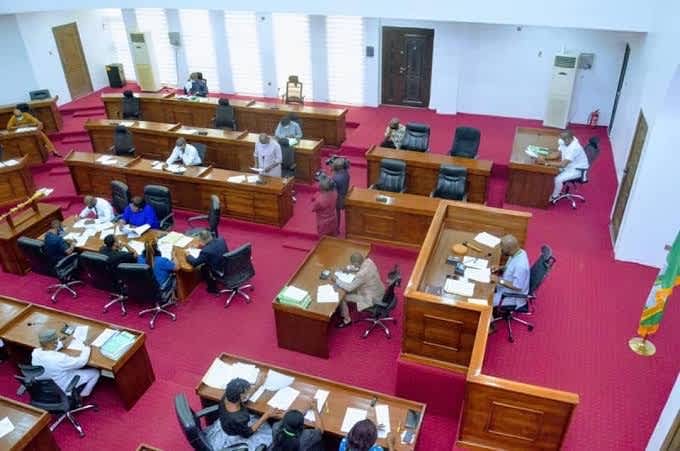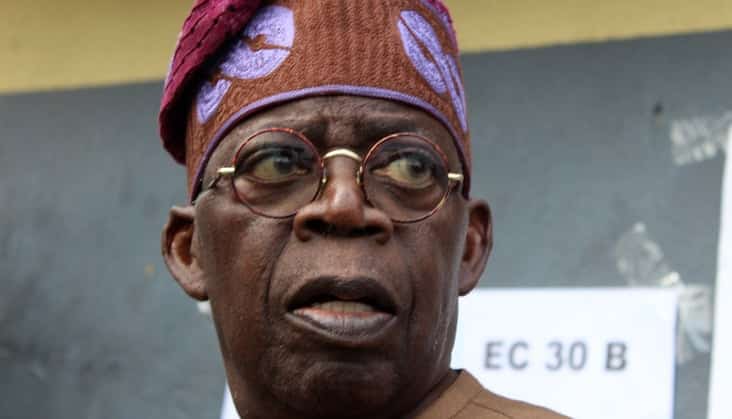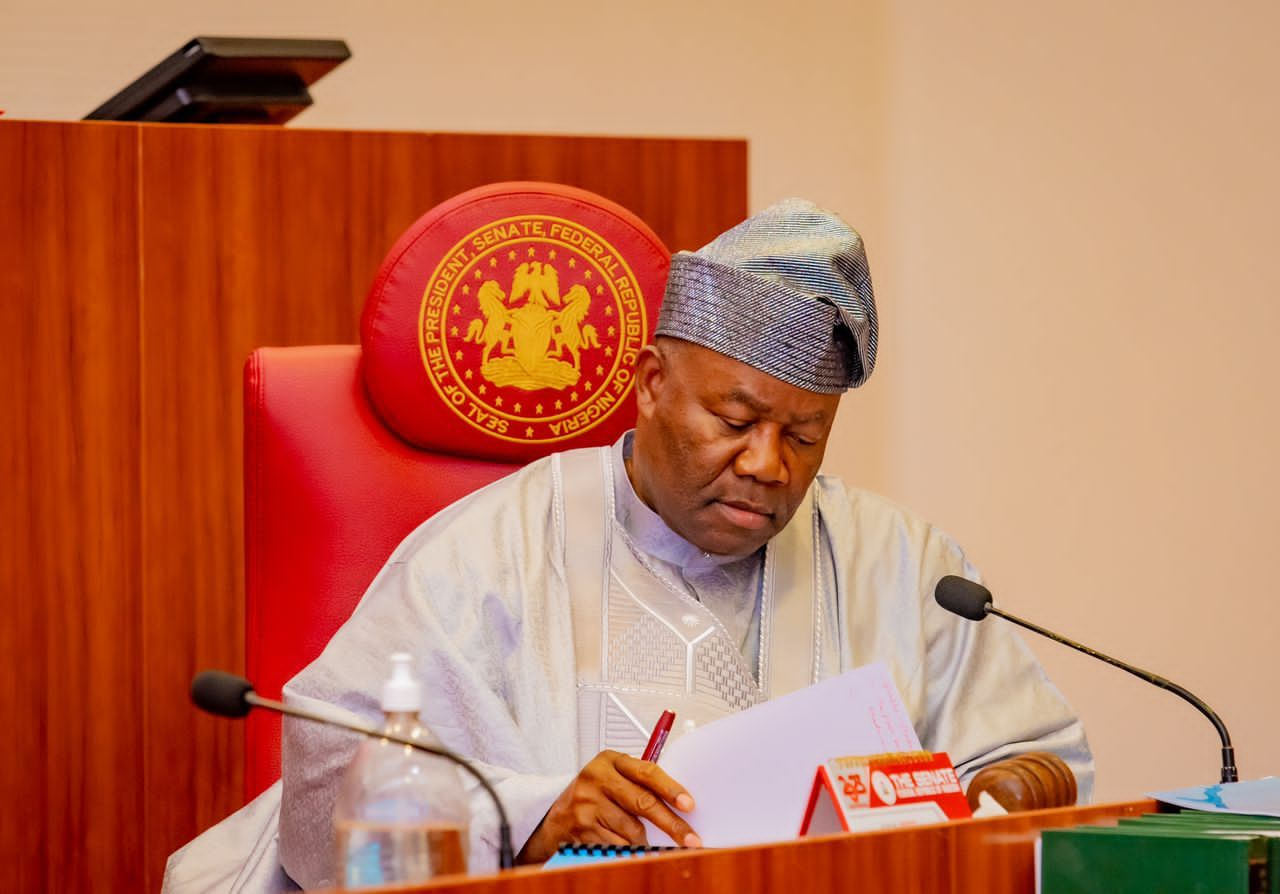The Nigerian National Petroleum Company Limited (NNPCL) has provided an update on the ongoing challenges with the Port Harcourt Refinery.
Despite several promises from President Bola Tinubu about starting petrol production at the facility, operations have yet to commence fully.
Adedapo Segun, NNPCL’s Executive Vice President for Downstream, recently explained the delays in Lagos.
He noted that while the mechanical completion of the refinery was achieved in December 2023, and distillation began in August 2024, technical issues have delayed full-scale operations.
These setbacks are linked to safety measures and the high temperatures required during the refinery’s processes, which can reach up to 300 degrees Celsius.
Segun further compared the situation to the Dangote Refinery, stating that both facilities experienced a gap between mechanical completion and the start of actual fuel production.
He revealed that this is normal for such projects and urged for patience.
He expressed optimism that the Port Harcourt Refinery would begin producing middle distillates soon.
He said, “We gave our projections based on data available. The Port Harcourt refinery, a brownfield refinery, achieved mechanical completion last December and by August, we fired up the burners, meaning the distillation process has started. So, the Port Harcourt refinery has started the distillation process, but yet to produce products to tank specification at the moment.
“When the distillation is started, the temperature is raised over time and rises to as high as 300 degrees centigrade. At this stage, if anything goes wrong, because at 300 degrees, a lot can go wrong, you have to bring it down; you can’t intervene. It could be that the flames or the burner are not at the level at which it should be, because maybe the burner is clogged.
“You don’t go in there and unclog it at 300 degrees centigrade; you bring it to cool down, clean it up, you put it back, you start heating it up again. We’ve done this four times since August at the Port Harcourt refinery, and each time a different thing comes up. We have to bring it down to fix it. I’m very confident now that we are at that point now where I’m very, very confident all is set.
“Dangote Refinery achieved mechanical completion in May last year, started producing diesel (AGO) in March this year, which is about 10 months after. Port Harcourt Refinery, a brownfield refinery that we have rehabilitated, not a brand new refinery like Dangote refinery achieved mechanical completion in December and this is September, and we’re hoping to start producing middle distillates. The same middle distillates that Dangote refinery started producing in March, April, we’re working towards producing it in September. Have we been inefficient? That’s the question we need to ask ourselves.
“This is still nine months. But there’s a need to be fair in our expectations. We can set the range of when we think it (production) will happen. But this is a process that has to go through. It’s a process you can’t say, because I’ve said, I’m going to, I’m going to start producing in December, in January, or in March and there’s an issue with the process, and you just say, No, I’m not going to go through the process of getting things right. I’m just going to jump in and get this, get things going again. Safety is very important, and that’s why I do all I can to keep the people on the plants, away from the pressures of someone working in an environment that is in excess of 300 degrees.
“We’re optimistic. We believe that Port Harcourt Refinery will start producing middle distillates to tank this month. And we’ve said that before. We still believe that we’ve gone through everything since August. We’ve started firing up the burners again after we brought it down last night to fix something. This was thankfully an easy fix, and we are going to start eating it up again. So that’s basically what’s going on with the Port Harcourt refinery.
“But I’m very optimistic that products from the refinery will go to the tank this month. When you say that, you’re saying that because of what you see, if something unexpected happens, we can’t say because I’ve set a time now to force the process; nobody forces any process at 300 degrees centigrade.”


